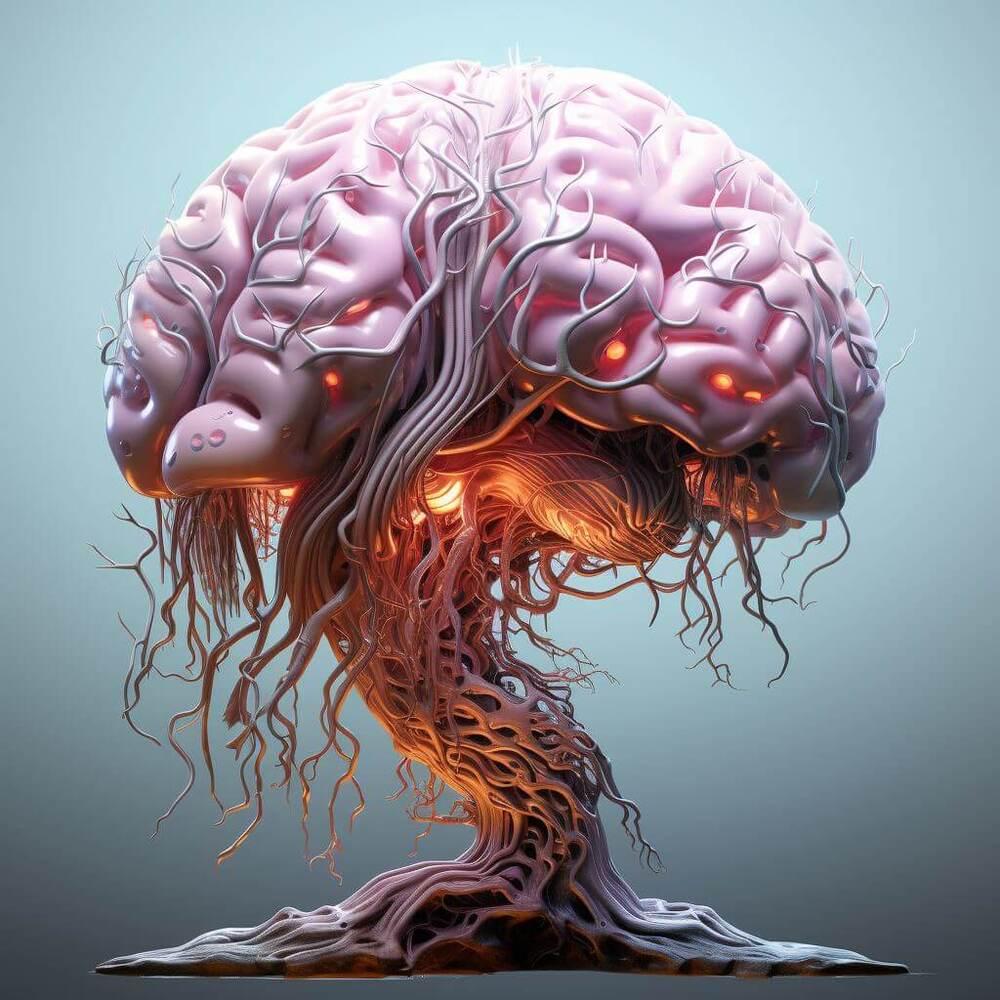Artificial intelligence (AI) and emerging technologies have ushered in a new era, bringing unprecedented opportunities and challenges. In today’s rapidly evolving digital landscape, addressing these multifaceted challenges necessitates a collaborative effort spanning various sectors and calls for policy reforms while emphasizing global cooperation.
The rapid advancement of technologies, particularly artificial intelligence, has introduced transformative possibilities alongside a range of concerns. While AI holds the potential to revolutionize industries and enhance our daily lives, it also raises pressing issues related to data privacy, misinformation, and cybersecurity.
Experts have proposed adopting the “information environment” framework to address these multifaceted challenges. This framework comprises three essential components:






